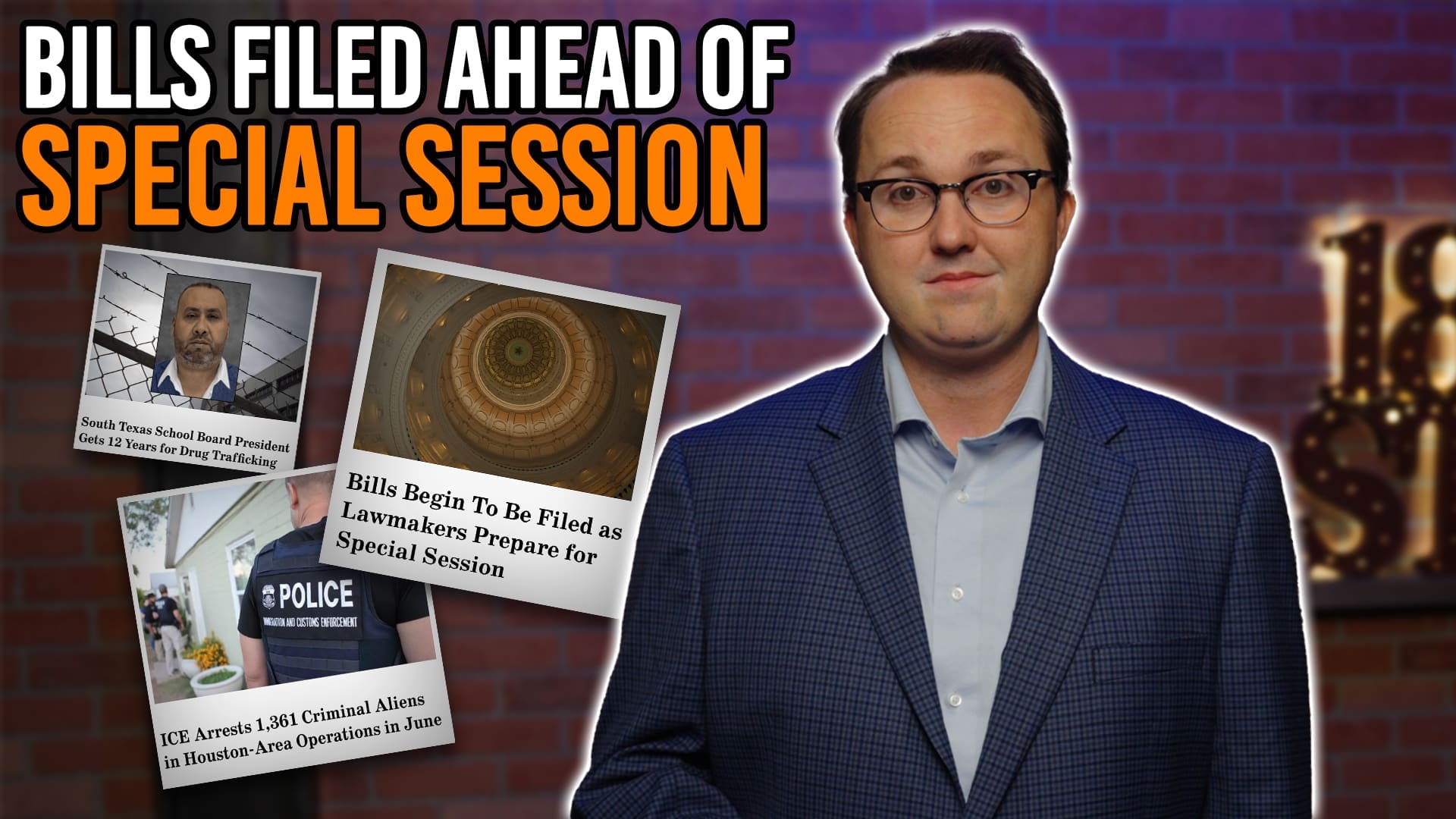With Houston’s property tax cap under attack, city officials would have taxpayers believe one (or both) of two things: that current property tax rates are too low, and that the city is already so efficient with property tax revenue that they have no choice but to ask voters for more money to fully fund core services. Neither of these are true.
Even though Mayor Turner has said on many occasions that a repeal of the tax cap doesn’t necessarily mean increased property taxes, it doesn’t take much effort to parse through the political jargon and realize that isn’t the truth. A repeal of the property tax cap will directly result in an increase in property taxes.
Elected officials often mince words to avoid being held accountable for tax increases.
The effective rate is the rate that cities can use to collect the same amount from the same tax base each year. Cities often leave their tax rate the same while property values are rising, increasing the amount that they collect from the same tax base while allowing them to claim they didn’t raise taxes. Don’t be fooled: anything other than a decrease in the tax rate when property values increase is an increase in taxes.
Whether cities directly increase the tax rate, collect more because they are not capped, or they generate more because of appraisal increases, it all means the same thing – taxpayers will pay more than the previous year.
That should be alarming. Texans already have the sixth highest property tax burden nationwide. A study by the Lincoln Institute also found that out of the 53 largest U.S. cities, Houston homeowners have the 16th highest tax rate.

According to research released in November by Truth in Accounting, at $11,700 per taxpayer, Houston has the 36th highest tax burden overall out of the 50 largest U.S. cities.
“When ranked amongst the 20 most populous cities in the U.S., Houston has the sixth worst taxpayer burden,” read a press release accompanying the study.
The Lincoln Institute study found that out of the 53 largest cities, Houston not only has the 16th highest tax rate for homes, but the 23rd overall highest home tax bill. For commercial property, the city came in 19th, and for industrial property came in 5th.
The Bayou City’s burden is higher than Fort Worth, El Paso, San Antonio, Austin, and Arlington – coming in second only to Dallas.
Because of the cap, Houston has decreased its tax rate for the last three years, although the city still brought in more tax revenue than the previous year. One can only figure that if the cap had not been in place, they may not have increased the tax rate but they surely wouldn’t have decreased it.
So why should taxpayers support removing the only barrier they have against ever-increasing property tax rates to fuel ever-increasing city government spending? They shouldn’t. Government mismanagement shouldn’t be a taxpayer burden.
The city should look into other options before putting pressure on Houston taxpayers.




